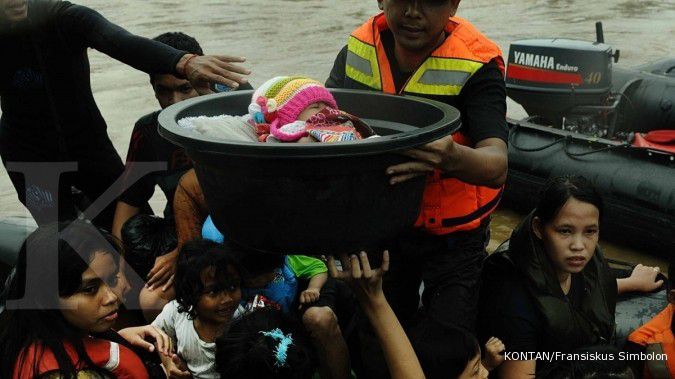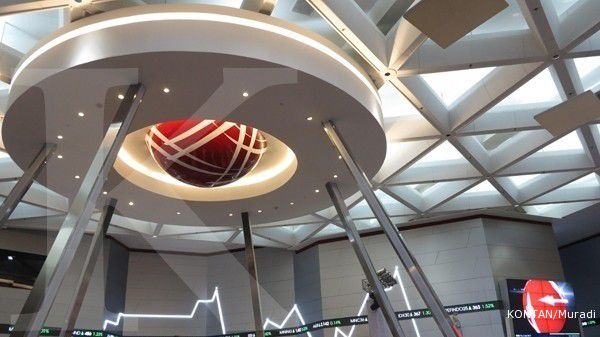DEPASAR. A new statue will add to the collection of an underwater gallery in Jemeluk Bay, which has been established to recover coral reefs and create more tourist attractions in Bali’s northeastern diving spot.
Created by Indonesian artist Eddi Prabandono, the statue to be installed in May is part of the “Living Sculptures in the Sea” program by the UK-based NGO The Marine Foundation, in collaboration with the Coral Reef Alliance (CORL), the Reef Check Foundation Indonesia (RCFI) and Bunutan village.
The statue, funded by the PATA Foundation, will provide substrate for coral reef and fish habitats to speed up the recovery of the coral reef, as well as creating an interesting tourist attraction.
“The statue will address the issue of coral reef degradation as well as raise awareness of the pressing need to protect the health of our oceans,” Celia Gregory from The Marine Foundation said.
“Coral mining, bombing and anchoring were common causes of coral reef destruction in the past, but today, cyanide fishing, unfriendly development, overfishing, as well as climate change, were further deteriorating the reefs,” she said.
“Coral reefs are the rain forests of the world’s oceans. They are fish nurseries and provide natural protection for beaches against erosion. Around 85 percent of reefs are threatened by human activities and half of these reefs are almost destroyed.”
Global warming accelerated this destruction, which threatened the livelihoods of people that lived in coastal areas by reducing the number of fish and reducing economic activity, with over 60 percent of Indonesia’s population living in coastal areas, she added.
For the Yogyakarta-based artist Eddi Prabandono, this is the first time one of his creations is being placed in the sea.
“This will be a true collaboration with nature, where the statue will gradually change as coral grows on it and fish swim around it,” he said.
Eddi’s work explores the themes of development and environment. His installation, called Green, Green, Green Go Ahead, features a bonsai tree on a construction cart. The structure takes a naive and playful swipe at the marketing claims of so-called eco-friendly cars.
As a popular diving spot in Bali, Amed is now being developed further as a marine tourism destination that runs in harmony with coral reef conservation, a joint effort by an environment foundation in cooperation with local residents and dive operators.
Located in the south east corner of Bali, about three hours drive from Denpasar, Amed’s landscape consists of a series of headlands overlooking bays, with a line of traditional fishing boats. (Desy Nurhayati)
/2011/05/13/221721413p.jpg)














